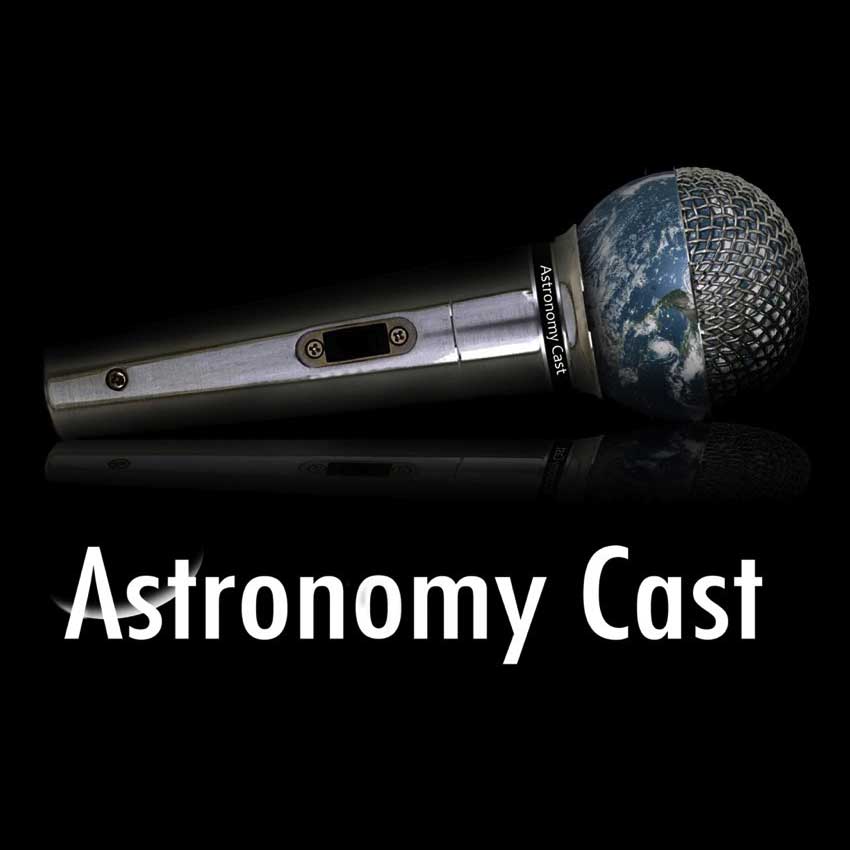Why was there a difference between the amount of matter and antimatter at the beginning of the Universe? Mathematics lets us travel faster than light speed, so why can’t we? And are there stars forming around black holes?


Why was there a difference between the amount of matter and antimatter at the beginning of the Universe? Mathematics lets us travel faster than light speed, so why can’t we? And are there stars forming around black holes?

This week we find out what would happen if the Moon was rotating fast and not tidally locked to the Earth also where the light and matter go into a black hole.

This week we find out when stars get torn apart from gravity, how we can see supermassive black holes, how liquid water could have existed on Mars in the past, and much more.

How do planets get their atmospheres? What would happen to the Earth if the Moon just disappeared? And what’s that strange glow we see after sunset? Do we live in an unbalanced Universe?

Can our Sun generate a solar flare that would wipe out life on Earth? Has the Large Hadron Collider answered any questions about the Higgs boson? And what would happen if you shined your flashlight out the front window of a spaceship going almost the speed of light?

What’s the closest exoplanet to our solar system? What planet in our solar system should we colonize? Can microscopic black holes be created on Earth? Find the answer with @AstronomyCast

Can a gamma ray destroy a galaxy? Do black holes really absorb matter or do they have another purpose? Does the Universe ever come to an end? Lets explore the universe from the students questions.

Besides dark matter and dark energy, is there any possibility there’s anything else in outer space? What are the possibilities that white holes are really out there? More with @AstronomyCast

What do radio waves given off by stars sound like? What happens to the energy that goes into a black hole? More Q&A with @AstronomyCast at #365daysOfAstro

Once again, we’ve reached the end of a season here on Astronomy Cast, and it’s time for the summer hiatus. But the Universe never takes a break. What can we expect to happen over the summer while we’re catching up on our reading, building our gardens and planning for Season 17?